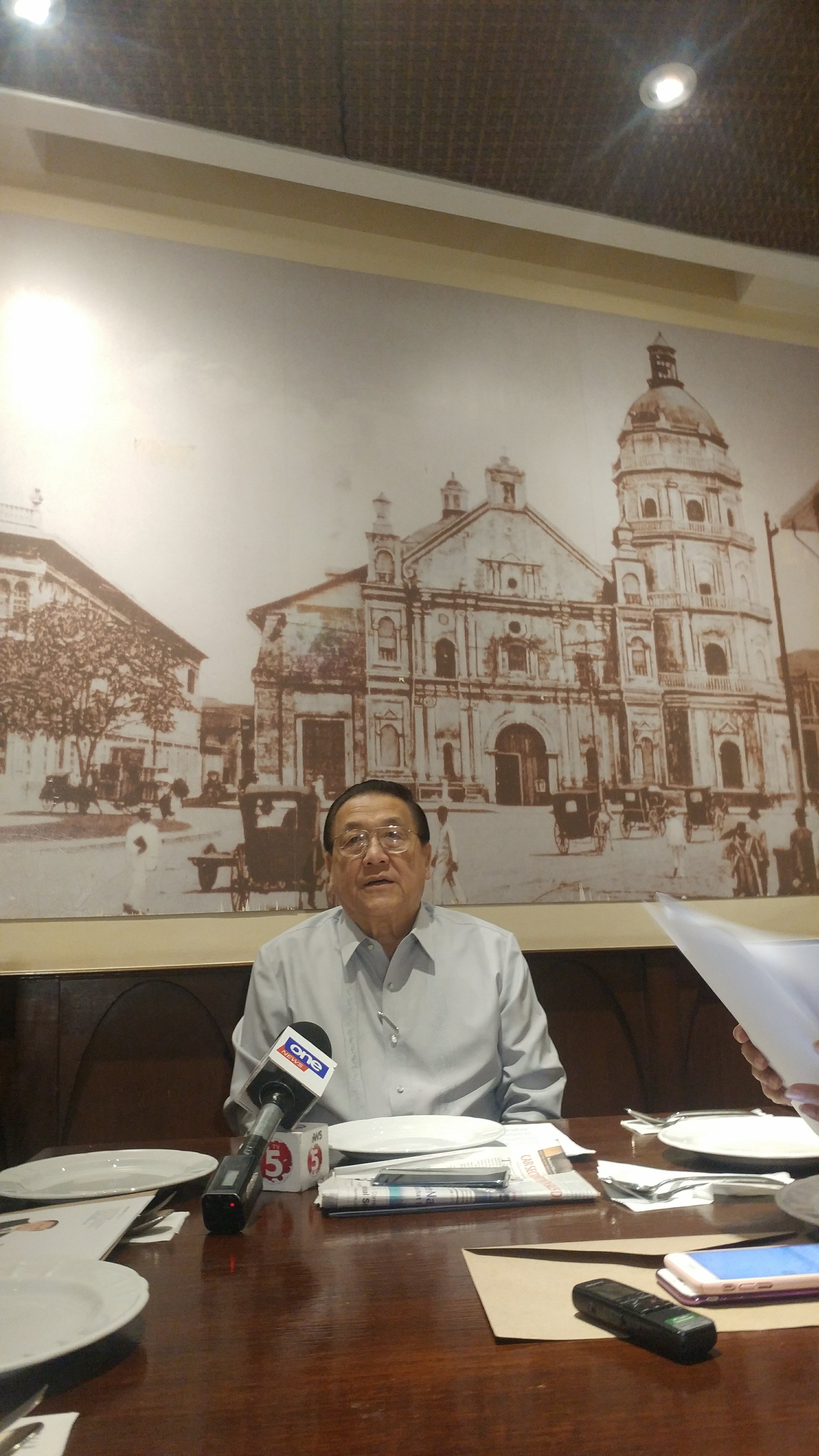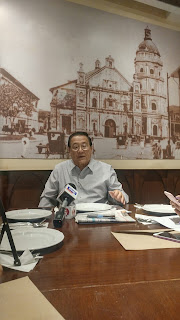Statement of the Federation of Philippine Industries on non-discriminatory labelling on products with sugar
We at the Federation of Philippine Industries (FPI)—composed of one hundred and thirty-two (132) corporation-members and thirty-eight (38) industry associations from across the country—find it unfortunate to learn of a new proposed labelling measure against sugar, which is a consumer good that has weathered, and continues to bear, its fair share of challenges, at the expense of a several concerned industries.
We cannot help but observe that the government is singling out sugar yet again with this planned move. Sugar is an important ingredient in food and beverages, with many in the manufacturing (food and beverage) sectors relying on it, and it does not deserve to be put in a bad light by measures such as this.
We renew our suggestion to the government to instead adopt a content-based taxation scheme versus a volumetric approach, which is the current nature of the SSB tax, instead of making new measures about labelling. Again, the volumetric tax is essentially a tax on water, rather than sugar. If we really want to address health concerns, a content-based taxation scheme is what the government should consider instead of new regulatory measures. Content-based taxation levies a higher tax rates on beverages that have higher sugar content versus those that have lower sugar content. It will encourage companies to produce and/or reformulate drinks with less sugar—thus fulfilling the law’s supposed mandate as a health measure.

Moreover, the government should also reconsider the tax imposed on non-caloric sweeteners. If the tax on sweetened beverages is indeed a health measure, then the government should remove the taxes on non-calorics as they pose an added burden to seniors and to those watching their sugar intake. It is ironic that although seniors are provided a senior citizen discount, the more senior-friendly non-caloric refreshments are imposed with an excise tax making them too expensive for seniors to enjoy.
FPI and its member-companies have always been committed to transparency, and this extends to providing clear nutrition information in the packaging of our products for our consumers. As such, we at FPI support labelling on goods that adheres to high standards of transparency and factuality. Rest assured that we comply with all of the government’s existing regulatory requirements on nutrition and content labelling. Companies follow a thorough and rigorous approval process, which involves governmental oversight. All labels are submitted to the Food and Drug Administration (FDA) for approval, who also review substantiation for claims, nutrition information, ingredients, and so on. The FPI takes seriously all government regulations—we pride ourselves as a collective of transparent, accountable, and law-abiding companies that strive for the betterment of our industries.
If this planned labelling measure succeeds in moving forward, then the Department of Trade and Industry will have failed in its mandate of promoting equitable trade environment and the welfare of industries—something that we as an organization and as concerned industry players wish to avoid. As such, the FPI is eager to work with the government in coming up with fair and equitable solutions to this proposed problematic measure.
About
Dr. Jesus Lim Arranza Chairman of the Federation of Philippine Industries (FPI), Incumbent
Dr. Jesus Lim Arranza is a businessman and former faculty member of the University of the East Graduate School for Public Administration. He has held executive positions at various corporations and government agencies, including Chairman of the Federation of Philippine Industries (FPI) as well as its Anti-Smuggling Committee.
Under his management, there is a remarkable increase in industry association-memberships in FPI. This is clearly shows that more companies and industry-associations have realized the relevant efforts of the FPI in supporting local manufacturers and producers.
About Federation of Philippine Industries (FPI)
FPI is prime mover of the Philippine industries responsive to the challenges of the global economy. We are the voice of Philippine Industry and an indispensable partner of the Philippine Government whose advice and counsel are sought to promote and develop globally-competitive industries.
We are also the umbrella organization in the Philippines of manufacturers and producers of various products ranging from agricultural & food products (rice, flour, sugar, ice cream, confectionery, beverages & wine, broilers, hogs, coconut & palm oil, oleo chemicals, seeds, feeds), petroleum and petrochemical products, construction materials (cement, steel products, galvanized roofing, electrical wiring, pipes, nails, wires, ceramic tiles, sanitary wares, wood, & flat glass, paint), packaging & paper products (tinplates, tin cans, & paper), textile & garment products, firearms, cars, trucks, buses, motorcycles, rubber, spare parts, medicine, lead acid batteries, chemicals, plastics, fertilizers, appliances, tobacco & cigarettes, animated signs, transformers, power & energy, among others.
Our advocacies include Anti-Smuggling/Fight Illicit Trade (Fight IT), environment, sustainable development, international trade policy, labor and productivity, academe, power and energy, good government, intellectual property/product standards, buy pinoy-buy local, competition policy, food and agro, among others.



